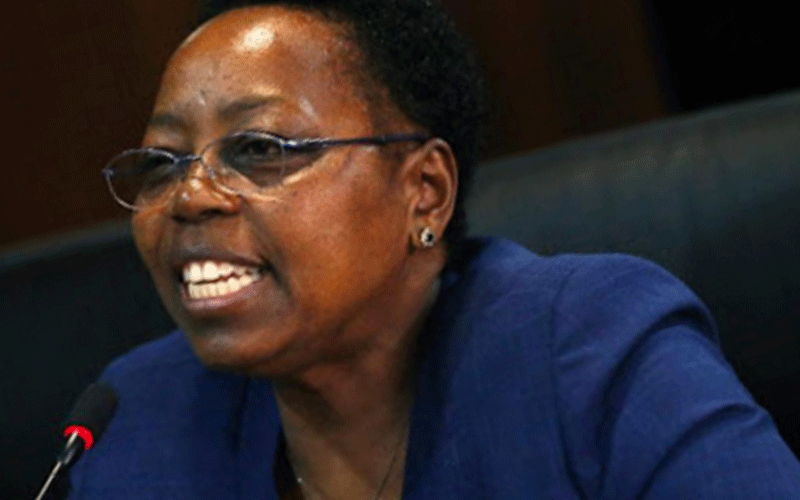NGEC faults Judiciary for glaring gender inequality
By Irene Githinji, August 11, 2020An audit of the Judiciary shows that there is still a gender gap though it is gradually and progressively becoming receptive to principles of gender equality and non-discrimination.
The National Gender and Equality Commission (NGEC) chairperson Dr Joyce Mutinda yesterday said the audit identified key concerns including the fact that women appeared to participate less as litigants in the formal justice sector.
To help Judiciary follow a path towards fulfilling its constitutional obligations to uphold and promote gender equality, equity and inclusion, NGEC called for the need to adopt a comprehensive gender policy.
The Judiciary has also been asked to take measures to increase the number of women in senior leadership roles.
“Gender-based accommodation for litigants was largely employee-initiated and not consistently practiced across all courts.
The Judiciary did not collate, analyse and prepare reports with gender-disaggregated data on who was using the courts and the type of services they were using,” she said.
Formal plan
She also said the audit revealed that court processes and case management, including court annexed mediation programmes, were often not viewed from a gender perspective.
Even in court decisions discussing constitutional principles, the language sometimes lacked gender sensitivity, observed Mutinda.
She said the Judiciary Strategy ending 2019 did not include explicit reference, or obligate, the directorates and the departments to allocate resources to promote gender equality and inclusion related interventions .
She noted that the Judiciary Training Institute did not often provide for training on gender equality and how to apply it in service delivery and the workplace and discrimination was largely understood to be based on formal equality.
The gender audit revealed that Judiciary lacked a formal plan or a framework for achieving gender parity within specific timeframes in its senior leadership positions.
“The Judiciary did not have a policy addressing the use of affirmative action so that it could be applied consistently when warranted,” the report revealed.
At the same time, Judiciary employees reported bullying and sexual harassment in significant numbers but complaints were rarely filed or successfully addressed.
NGEC’s findings notwithstanding, Mutinda said the audit established that a body of constitutional jurisprudence on gender equality has started to develop, which recognises historical gender discrimination that has disadvantaged women in the country.
This, she said, is the necessary step in applying a purposive approach to interpreting gender equality rights and realising substantive equality for both women and men.
More Articles

